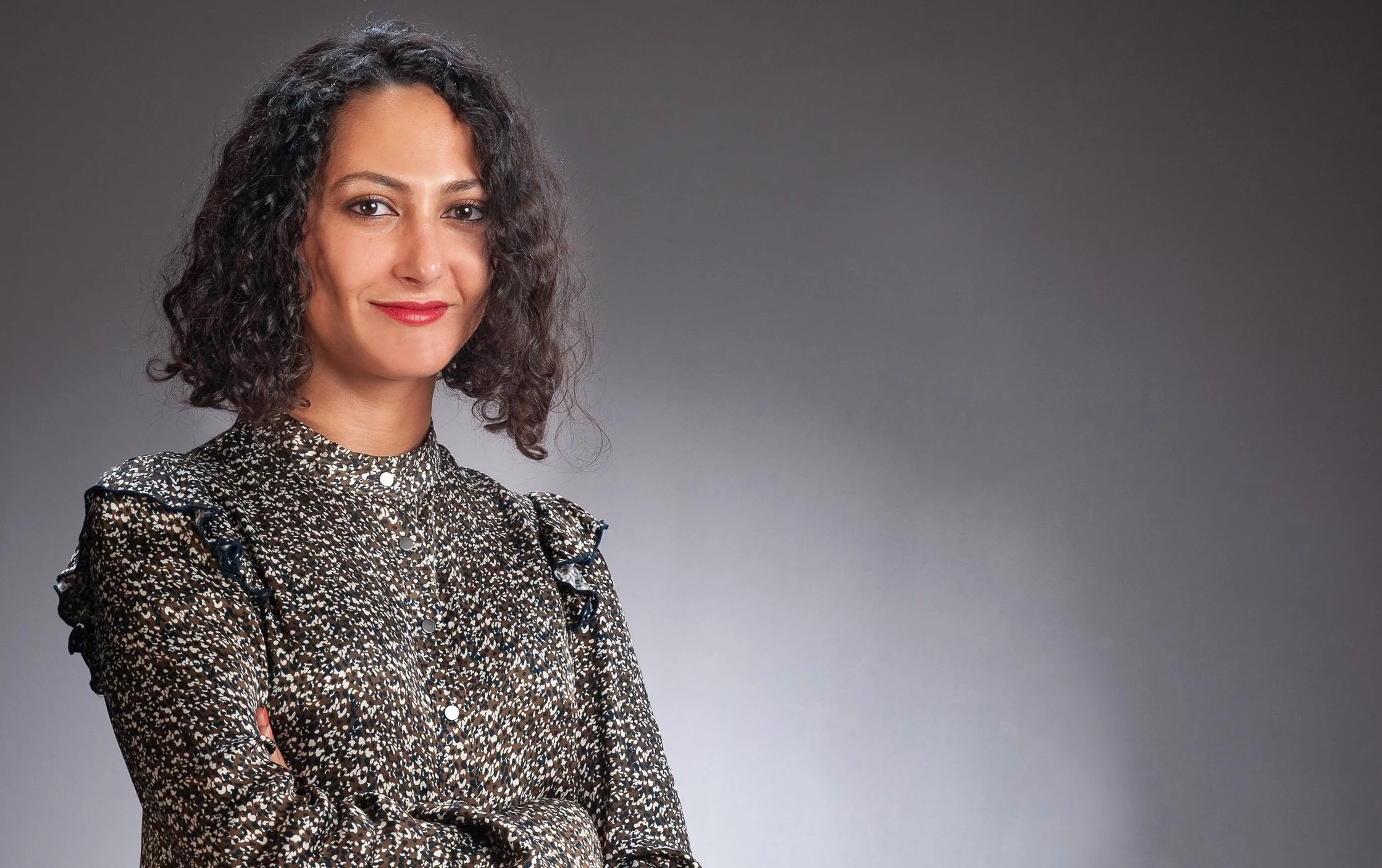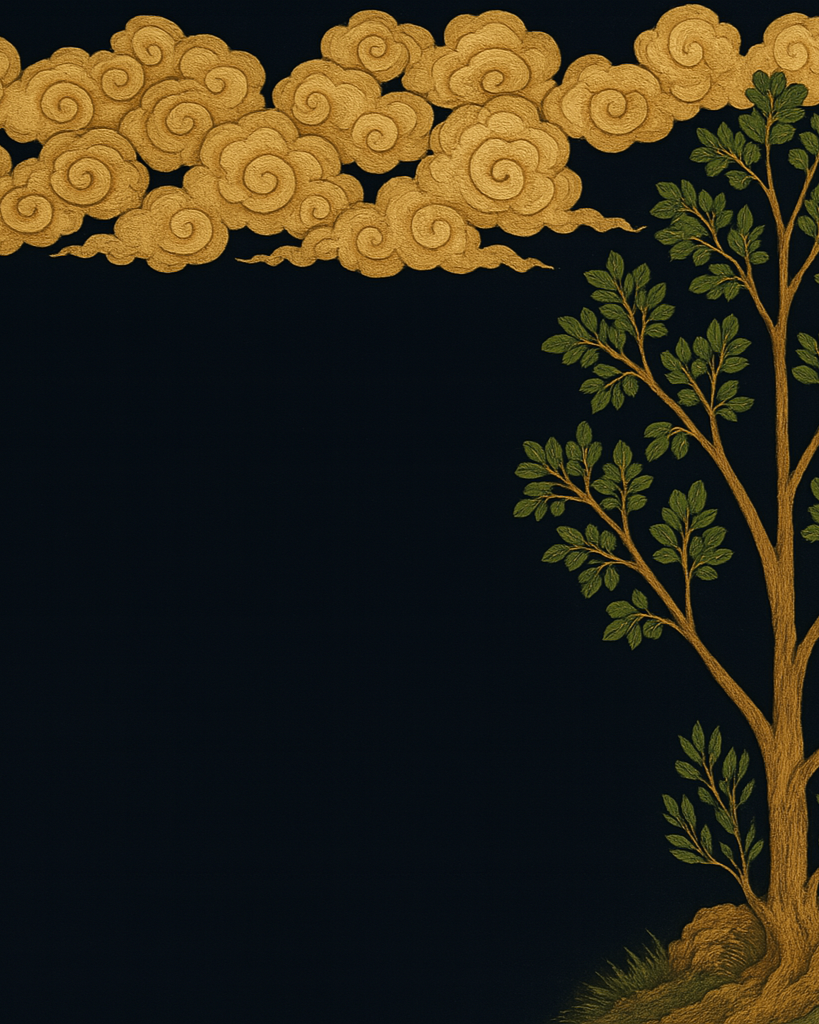
I am currently a Senior Lecturer
in the Study of Religion at Te Herenga Waka—Victoria University of Wellington.
My work focuses on (de)conversion, contemporary religious change, and atheism and nonreligion. I use qualitative methods to explore these transformations within broader sociocultural, political, historical,
and discursive contexts.

I have examined these questions in Buddhist meditation movements, including Goenka’s Vipassana movement (2014–2017) and the Mindfulness movement (2017–2019). My recent collaborative work centred Māori perspectives and experiences of these processes (2021–2024). My current collaborative project builds on these foundations, exploring the intersection of Indigenous nonreligion and decolonial movements through a comparative case study of Aotearoa New Zealand and Canada (2025–2028).
I’m originally from Iran and, ethnically, Tabari (طَبَری؛ مازَنی). I publish under my full name, Masoumeh Rahmani (معصومه رحمانی), though Sara is my preferred name. I hold a BA (Hons, First Class) in the Study of Religions from Bath Spa University (UK) and a PhD in the Anthropology of Religion from the University of Otago (NZ), awarded with distinction. Prior to my current position at Te Herenga Waka—Victoria University of Wellington, I held a two-year Associate Researcher role at Coventry University, contributing to an international project on nonreligion.
Teaching is an integral part of my academic practice. My pedagogy fosters critical thinking, self-reflexivity, and intellectual curiosity. I research and teach religion using a methodologically agnostic and decolonial approach, encouraging students to engage with diverse perspectives and critically examine their assumptions about belief systems and power structures.
My work is driven by curiosity and a commitment to rigorous, critical scholarship. I seek to challenge taken-for-granted assumptions and interrogate the structures that shape knowledge, belief, and academic practice. I am committed to making scholarship accessible and relevant to the communities it engages and to fostering more nuanced understandings of (non)religion. I welcome collaboration across disciplines, institutions, and communities.